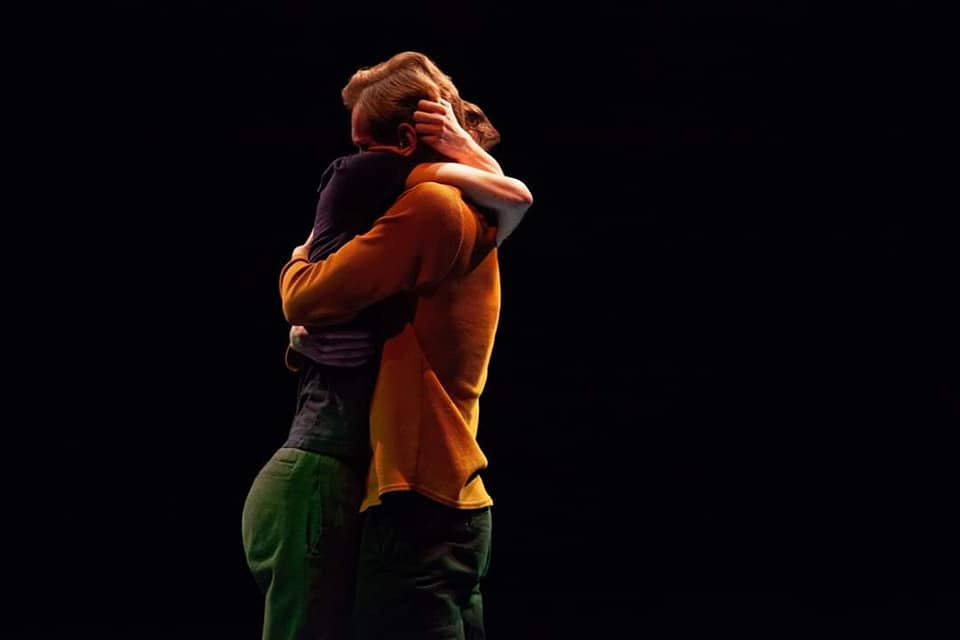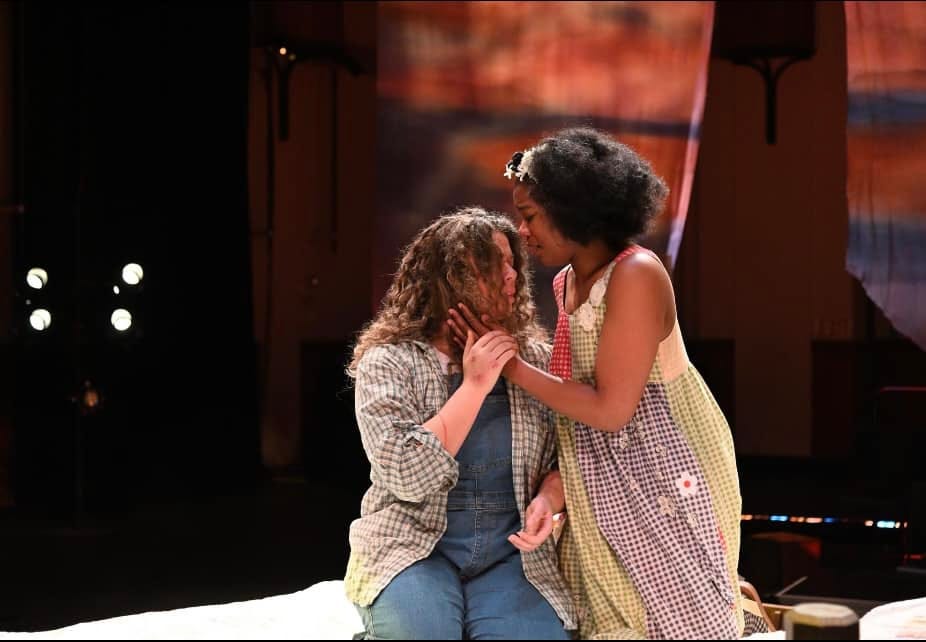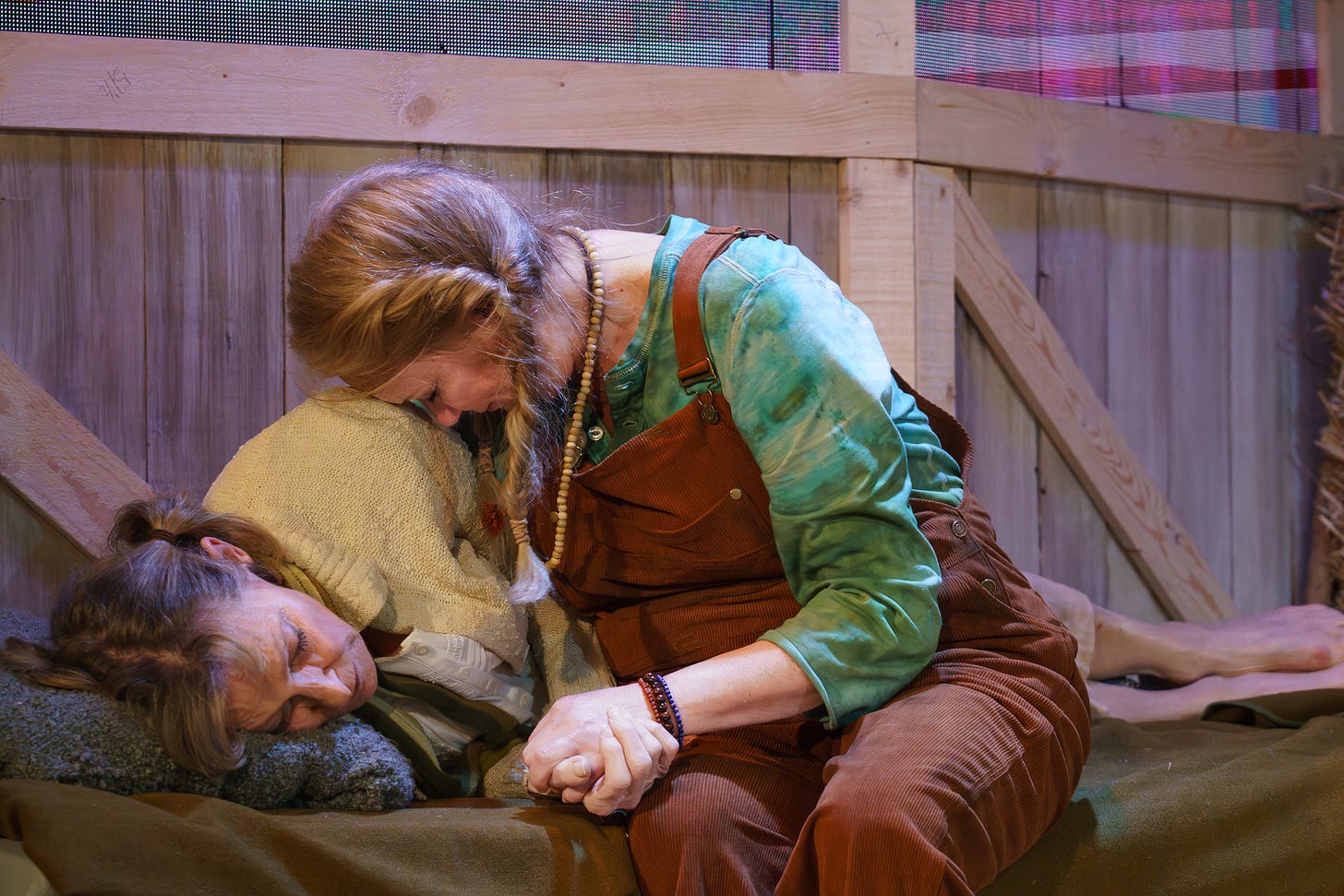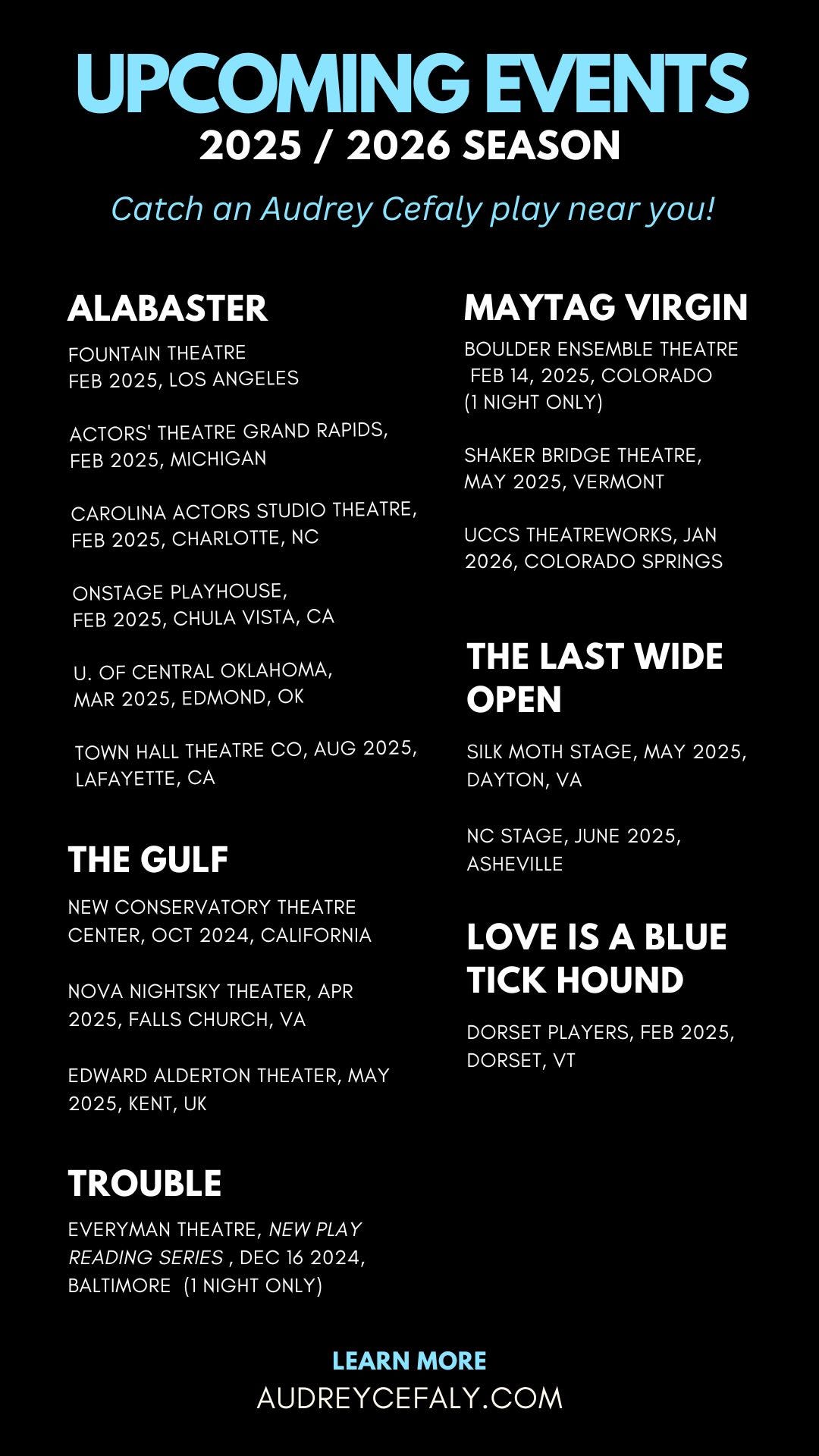Humanity is a shared experience, even as we ache alone in our private rooms. And these rooms—these living galleries—not unlike the ancient caves, with their well-kept secrets, existed long before us and will outlive us all.
At the end of each curation, when the faded walls are stripped of artifacts, leaving only the curious geometry of dark and light, we understand more fully about the transcendence of time. About how small we really are. And perhaps too, the awareness that if, through good fortune in the moments we were afforded in the cosmos, we somehow managed to feel like kings, it was because of the love we made.
What will your legacy be? Artists possess almost Homeric levels of influence on the world. Our work saves lives.
As truth-seekers, we are gifted with the unique ability to ask important questions of ourselves and of one another and to implore a heartfelt response. Your work is not confined to the page or the stage; it’s in every chat room, every text message, every phone call, every glance at a stranger in a coffee shop, every nod to a passerby on the street; it is a way of living, your principles, a guiding star.
We can assert through our art that we are not responsible for the suffering of the world while still acknowledging, as members of the human race, that it is our collective burden. We can lift others out of darkness through sincere and purposeful work that cuts through the noise and gives others an opportunity for healing.

Artistic expression, in its infancy, is often immediate and unrestrained, and for good reason. When we are creating art, we need that freedom in order to explore the full expansiveness of our work. And I urge you, then, once the dust settles a bit, to step back and look at what you’ve created and ask the questions, “Does this convey—or contain even the scantest essence of—what I’m really feeling inside, what I hope for the world, what confuses me, what enthralls me, what gives me unmitigated joy?” Your work is both a mirror and a reflection, an outcrop of your humanity. Dig as deep as you can to unearth every possible insight, every singular/universal perspective, because someone out there needs it, chiefly YOU.
It’s a bit like always telling the truth so you never have to cover a lie because when the moment comes for you to be an expert on your own work, you need only look as far as the source material, your own heart.
PREVIOUS ARTICLES BY AUDREY CEFALY
52 Vocabulary Words for Playwrights
A collection of weird and unusual words for the things we do as playwrights.10 Things Playwrights Wish Their Actors Understood
A love letterTo Speak or Not to Speak?
4 Ways to Create Indelible Non-Speaking Roles for the Stage21 Things I Know About Playwriting
I wrote my first play twenty years ago. I wrote my second play one year later. Here are 21 things I learned in the year between the two.
LEAN MORE ABOUT AUDREY
Visit my website for more about me and the work I do!
QUICK LINKS TO MY PLAYS
Audrey Cefaly's plays (Alabaster, Maytag Virgin, The Gulf, The Last Wide Open, Trouble) have garnered the Lammy Award, the Calicchio Prize, the NNPN Goldman Prize, the Edgerton, and a Pulitzer nomination. Her works have been produced at Signature Theatre, Cincinnati Playhouse, Barter Theatre, Merrimack Rep, Florida Studio, Florida Rep, Gulfshore Playhouse, and countless others. Cefaly is a Dramatist Guild Foundation "Traveling Master," an Arena Stage playwright cohort, and a recipient of the Walter E. Dakin Fellowship from the Sewanee Writers Conference. She is published by Concord Theatricals, Applause Books, Smith & Kraus and TRW.
Thanks for reading How To Playwright!
Subscribe for free to receive new posts and support my work.









Thank you for this beautiful love note. I'm also so glad to see your work being done in so many places.